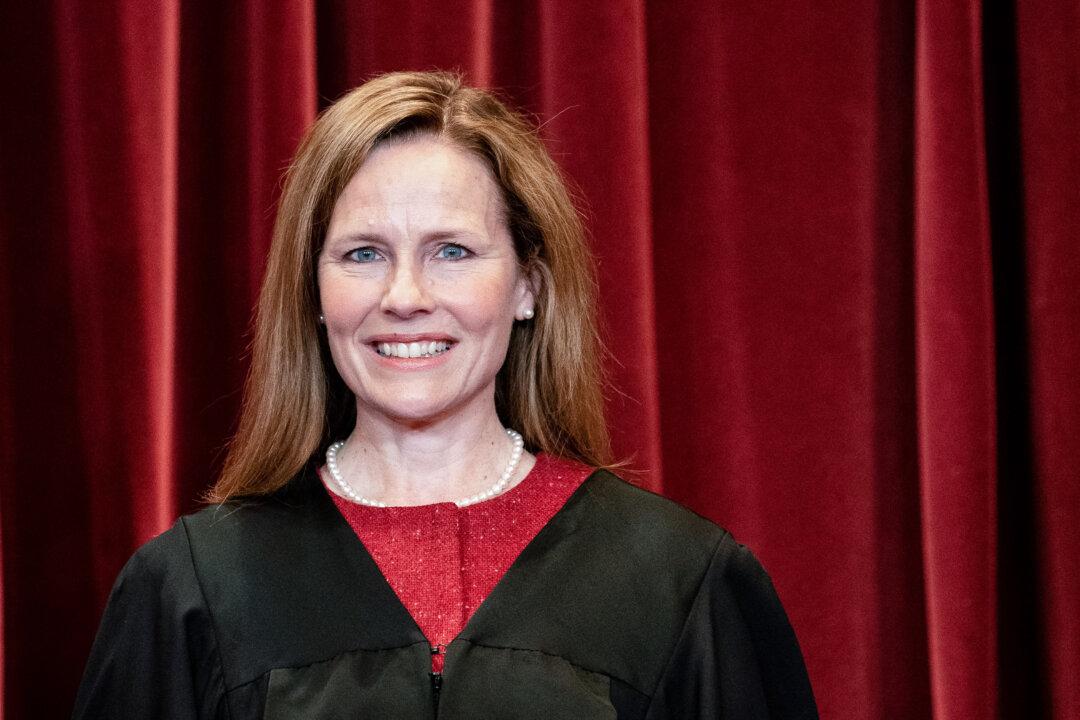Justice Amy Coney Barrett dissented in a major ruling that sided with a defendant who challenged an obstruction charge brought against hundreds of other defendants in the Jan. 6, 2021, breach of the U.S. Capitol.
Justice Ketanji Brown Jackson, meanwhile, joined the majority opinion offered by Chief Justice John Roberts, but wrote her own concurring opinion.





